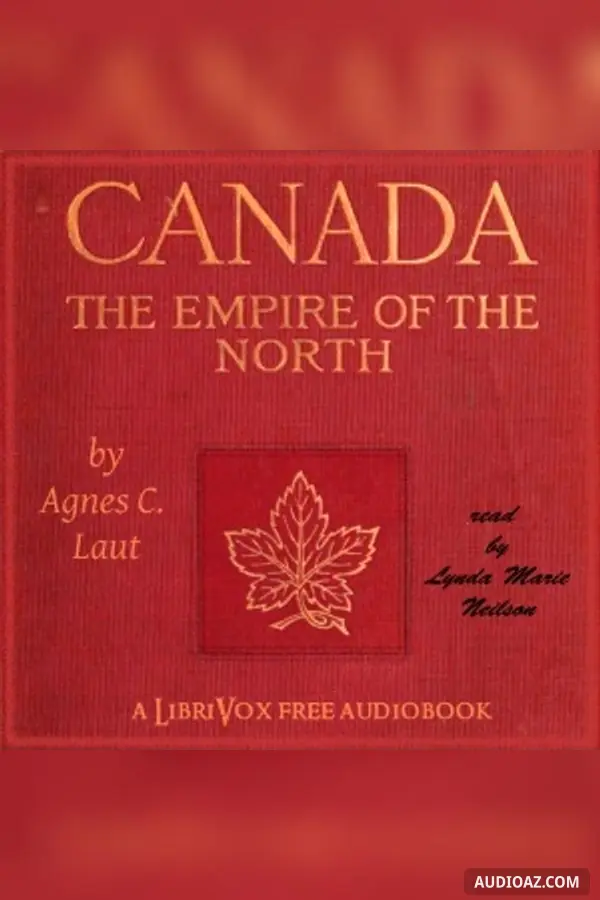
The Note-Books of Samuel Butler - Бесплатная аудиокнига
Автор(ы): Henry Festing JonesSamuel Butler
Язык: English
Жанр(ы): Биография и автобиографияЭссе и короткие произведенияМемуарыНон-фикшн
1 / 33Preface
- 1. Preface
- 2. Biographical Statement
- 3. Lord, What is Man?
- 4. Elementary Morality
- 5. The Germs of Erewhon and of Life and Habit
- 6. Memory and Design
- 7. Vibrations
- 8. Mind and Matter
- 9. On the Making of Music, Pictures and Books
- 10. Handel and Music, part 1
- 11. Handel and Music, part 2
- 12. A Painter’s Views on Painting, part 1
- 13. A Painter’s Views on Painting, part 2
- 14. The Position of a Homo Unius Libri
- 15. Cash and Credit
- 16. The Enfant Terrible of Literature
- 17. Unprofessional Sermons
- 18. Higgledy-Piggledy
- 19. Titles and Subjects
- 20. Written Sketches, part 1
- 21. Written Sketches, part 2
- 22. Material for a Projected Sequel to Alps and Sanctuaries, part 1
- 23. Material for a Projected Sequel to Alps and Sanctuaries, part 2
- 24. Material for Erewhon Revisited
- 25. Truth and Convenience
- 26. First Principles, part 1
- 27. First Principles, part 2
- 28. Rebelliousness
- 29. Reconciliation
- 30. Death
- 31. The Life of the World to Come, part 1
- 32. The Life of the World to Come, part 2
- 33. Poems
О книге
Early in his life Samuel Butler began to carry a note-book and to write down in it anything he wanted to remember; it might be something he heard some one say, more commonly it was something he said himself. In one of these notes he gives a reason for making them:
“One’s thoughts fly so fast that one must shoot them; it is no use trying to put salt on their tails.”
So he bagged as many as he could hit and preserved them, re-written on loose sheets of paper which constituted a sort of museum stored with the wise, beautiful, and strange creatures that were continually winging their way across the field of his vision. As he became a more expert marksman his collection increased and his museum grew so crowded that he wanted a catalogue. In 1874 he started an index, and this led to his reconsidering the notes, destroying those that he remembered having used in his published books and re-writing the remainder. The re-writing shortened some but it lengthened others and suggested so many new ones that the index was soon of little use and there seemed to be no finality about it. In 1891 he attached the problem afresh and made it a rule to spend an hour every morning re-editing his notes and keeping his index up to date. At his death, in 1902, he left five bound volumes, with the contents dated and indexed, about 225 pages of closely written sermon paper to each volume, and more than enough unbound and unindexed sheets to made a sixth volume of equal size. - Summary by Henry Festing Jones
Комментарии
Будьте первым, кто оставит комментарий
К этому контенту пока нет комментариев. Начните обсуждение!
Показать больше
Теги: The Note-Books of Samuel Butler audio, The Note-Books of Samuel Butler - Henry Festing Jones, Samuel Butler audio, Биография и автобиография audio, Эссе и короткие произведения audio, Мемуары audio, Нон-фикшн audio, free audiobook, free audio book, audioaz






